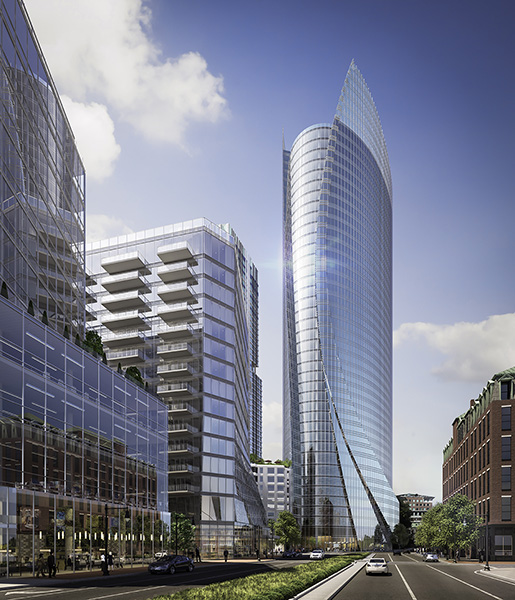So, it is a fact that Baltimore is depopulating...
http://www.baltimoresun.com/news/ma...ore-population-loss-jumps-20170322-story.html
Why am I getting roasted for giving an opinion, even though my opinion might be an explanation for what's actually happening in real life (people are departing Baltimore). Yet you claim Baltimore in on a huge up-swing? Am I trolling if I ask how a city on a huge up-swing (your quote, not mine) can at the same time continue to hemorrhage residents?
Cities do
not move in the same direction forever. If that were true, Boston would be smaller than Dubuque today.
Someone once asked Wayne Gretzky why he scored more goals than any other player. He said something to the effect of 'The rest of those jamokes are skating to the puck. I skate to where the puck will be in 10 seconds'.
Catalysts can change a city's trajectory (especially if that city has "sleeping giant" type of advantages - - i.e. 1960's Boston with the universities, or 1970's Austin with the flagship state university and oil prices about to rise).
In the case of Baltimore, the sleeping giant advantages are Johns Hopkins, Univ. MD and others, along with proximity to DC, and a VERY easy to use International Airport, not to mention one of the U.S.' busiest Atlantic Ocean shipping ports (far busier than Boston and the rest of Massachusetts COMBINED).
Meanwhile, let's examine for a moment, if you will, how to increase housing in the burbs for Amazon?
-Boston area - - you must go community by community and endure the town/city meetings of HOW many different communities? each with their OWN, unique development bylaws?
-Baltimore's jurisdictions are COUNTY, not town. Logistics count. How many thousands of prodcutivity man and womanhours does that difference mean to Amazon? Folks, this is a BUSINESS decision, not a beauty contest.
The catalyst, meanwhile, is single, local developer of a waterfront tract of land that is 235 acres and is building a mini city for his
own company (Kevin Plank of Under Armour). My guess is that Plank's motivation and vision is going to be more attractive than HYM's Tom O'Brien. This is Plank's baby. For O'Brien, it's just another project.
.


